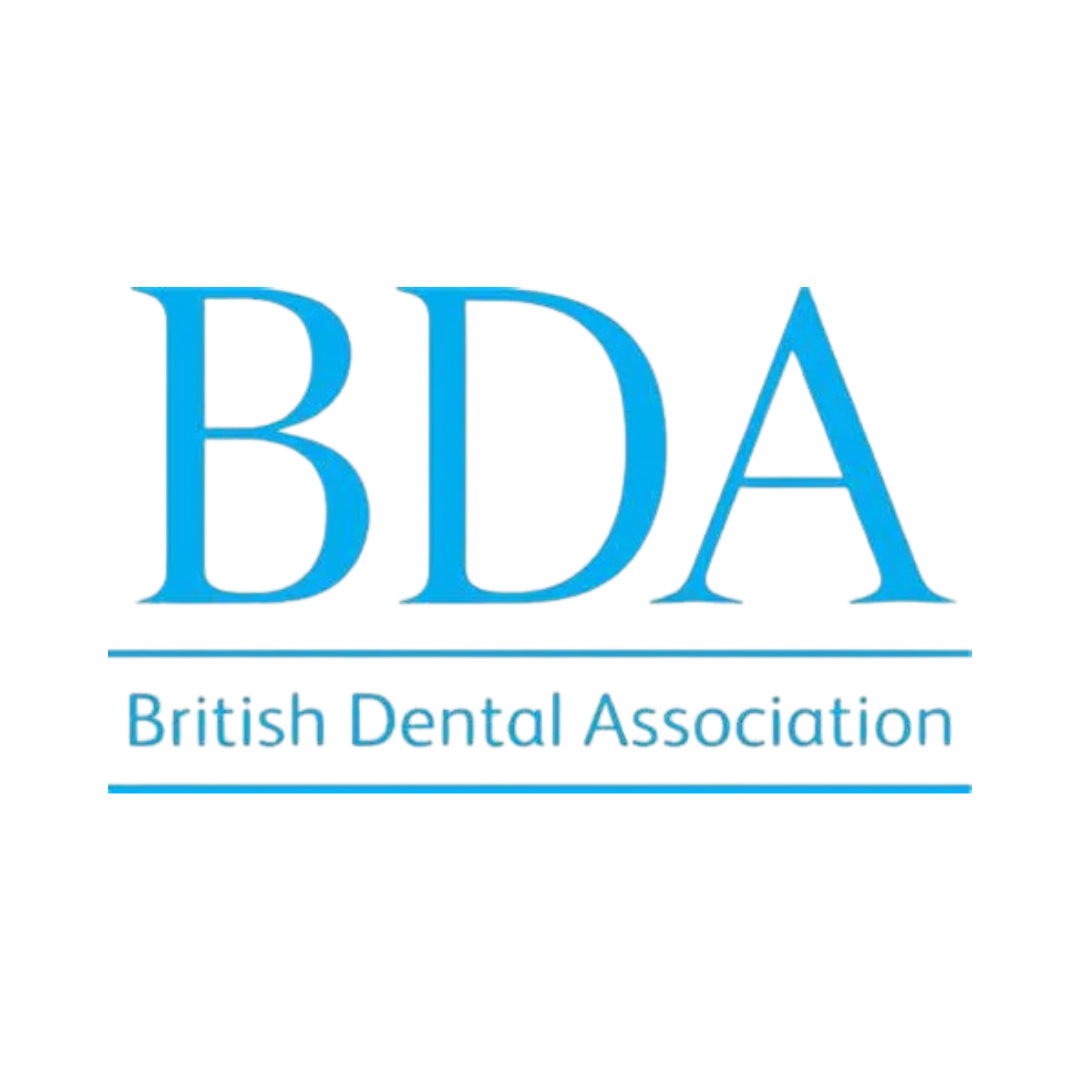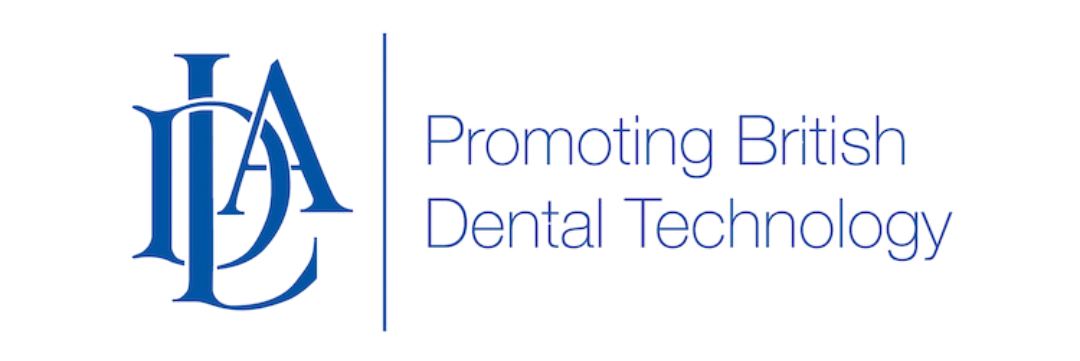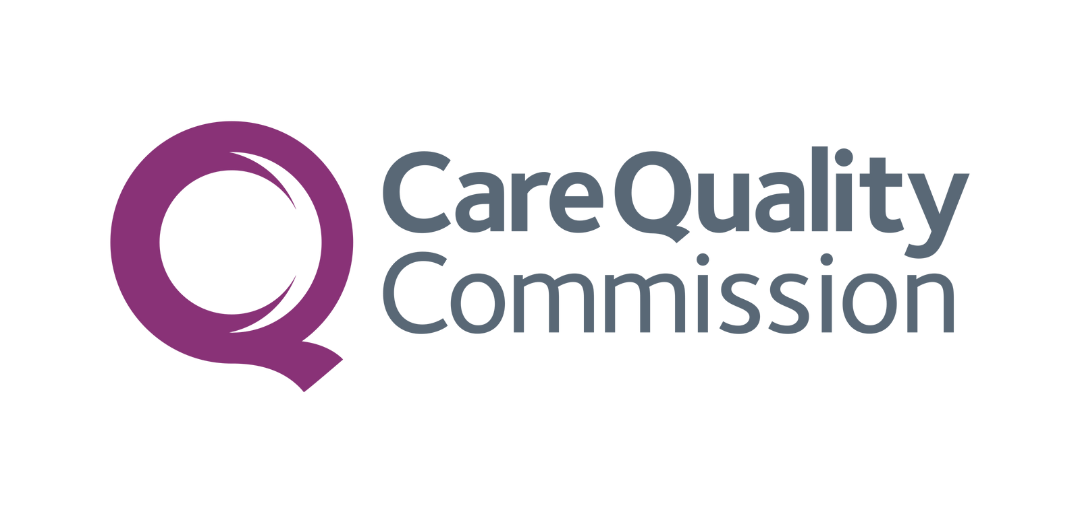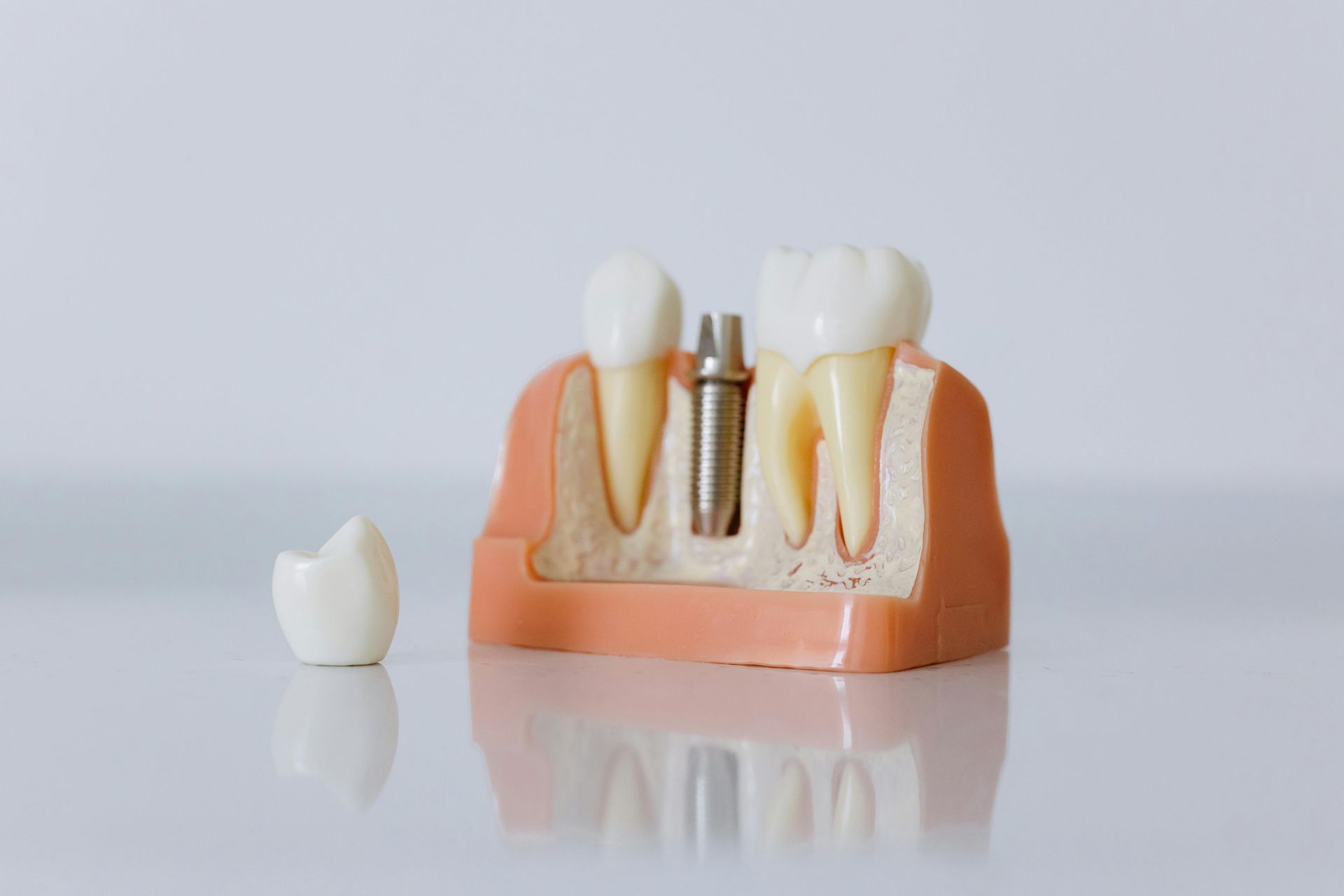
Orthodontics in London
Orthodontics in London transforms smiles and boosts wellbeing through treatments like traditional braces or Invisalign®. Beyond creating a confident, radiant smile, aligning crooked or crowded teeth improves oral health and function.
Orthodontics in Ealing
Orthodontics in Ealing transforms smiles and boosts wellbeing through treatments like traditional braces or Invisalign®. Beyond creating a confident, radiant smile, aligning crooked or crowded teeth improves oral health and function.
Signs You Might Need an Orthodontist
Wondering if orthodontics is right for you or your child? Consult a Ealing dentist if you notice:
- Pain in your teeth, gums, or jaw
- Sleep apnoea or breathing difficulties
- Discomfort or difficulty when chewing
These signs suggest orthodontic treatment could improve both comfort and oral health.
What Is Orthodontics?
What to Expect During Your Visit
Aftercare & Healthy Habits
What Is Orthodontics?
Orthodontics is the branch of dentistry focused on correcting misaligned teeth and jaws. Treatments like braces, Invisalign®, and retainers are used to gently move teeth into better positions, improving your smile, bite, and long-term oral health. Whether you’re dealing with crowding, spacing, overbites, or underbites, orthodontics can help create a straighter, more functional smile. A qualified dentist in Ealing or a specialist orthodontist will guide your personalised treatment plan for the best results.
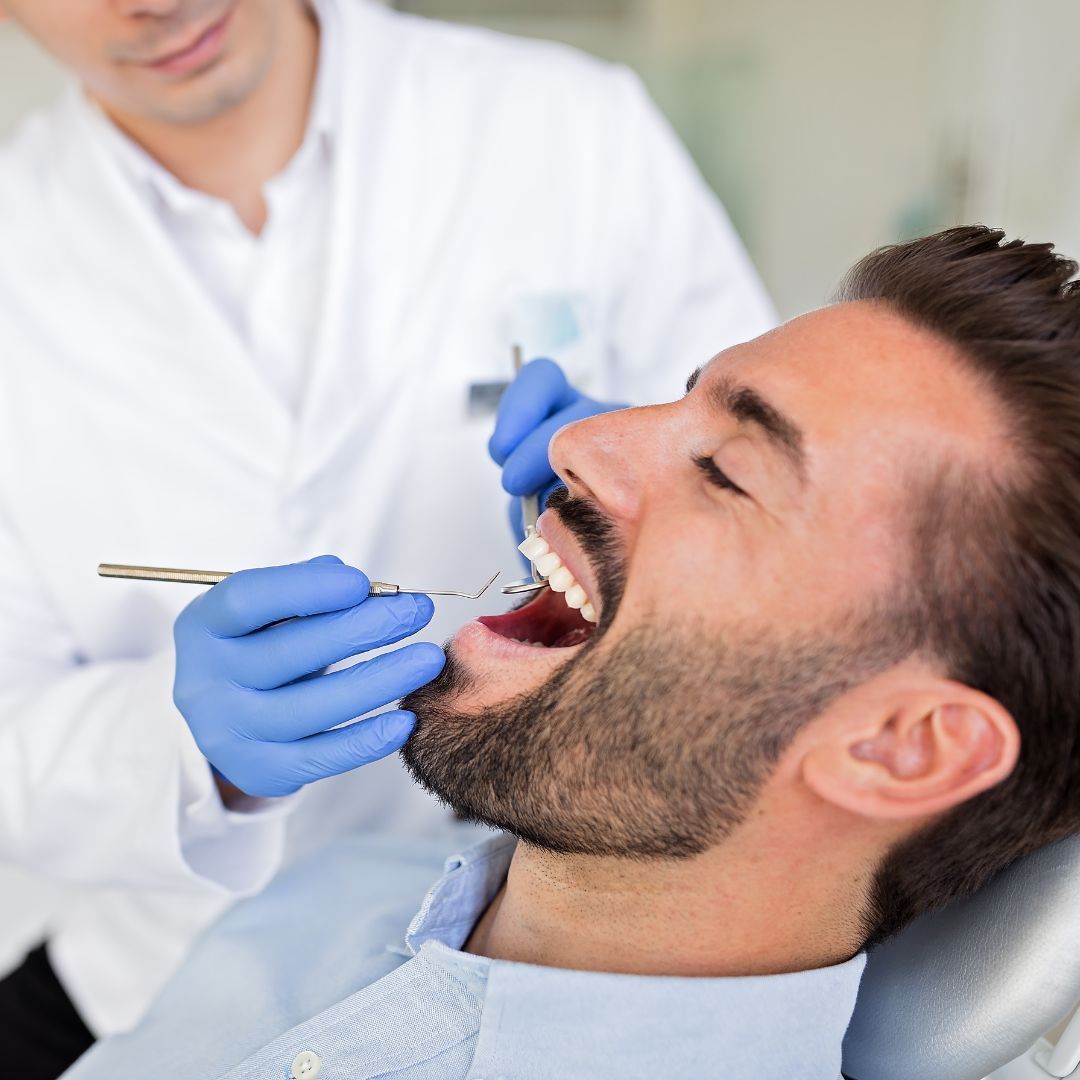
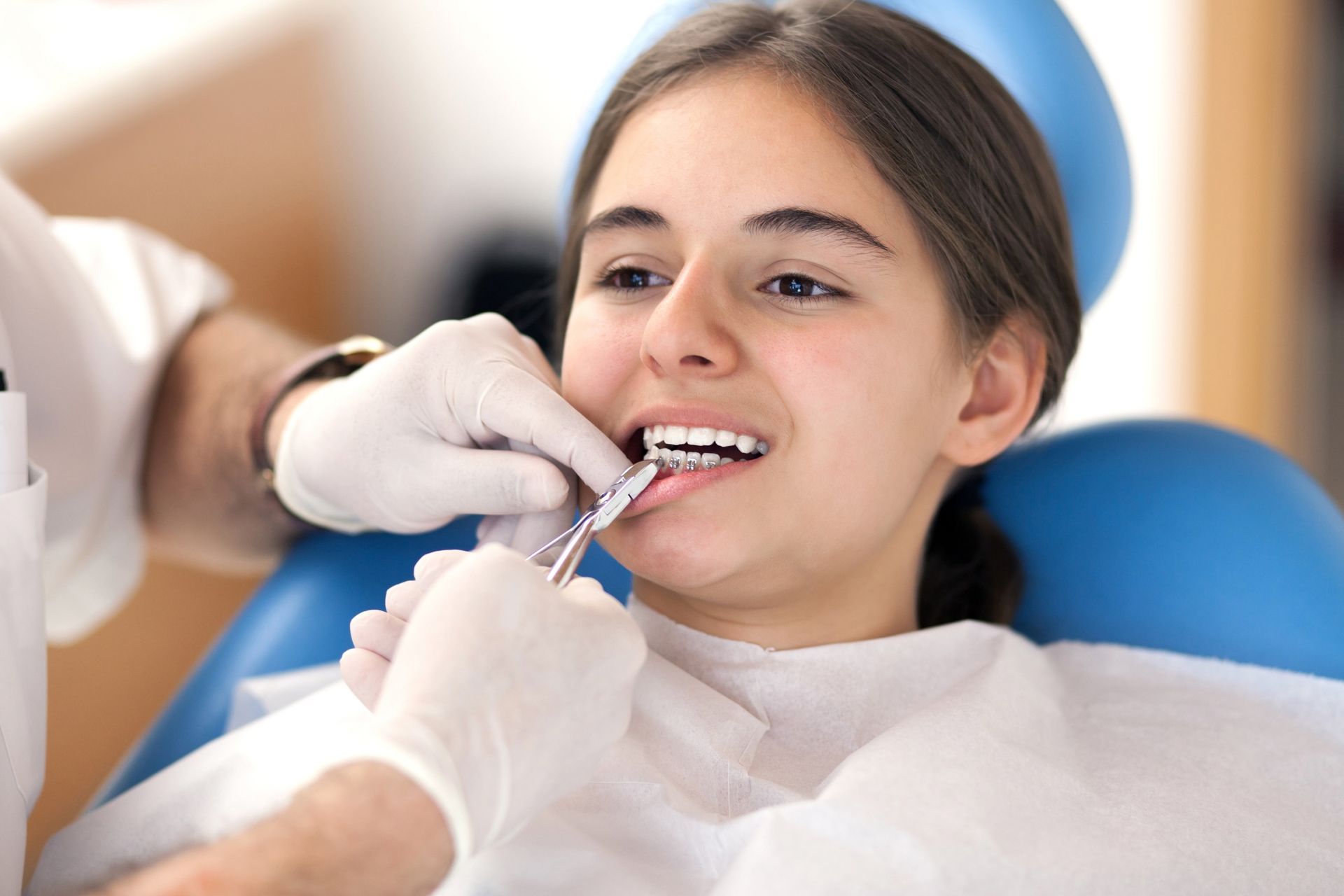
What to Expect During Your Visit
At your first appointment for orthodontics in Ealing, your dentist or orthodontist will:
- Conduct a thorough assessment, possibly including X-rays or digital scans.
- Discuss your treatment options and expected timelines.
- Take impressions or photos of your teeth for custom planning.
Follow-up appointments are typically scheduled every 6–8 weeks to adjust braces or issue your next set of aligners. These visits are quick—usually 15 to 30 minutes—but essential to ensure your teeth move correctly and comfortably. If you choose braces, fitting takes about an hour, while Invisalign patients receive their aligners with clear instructions for use.

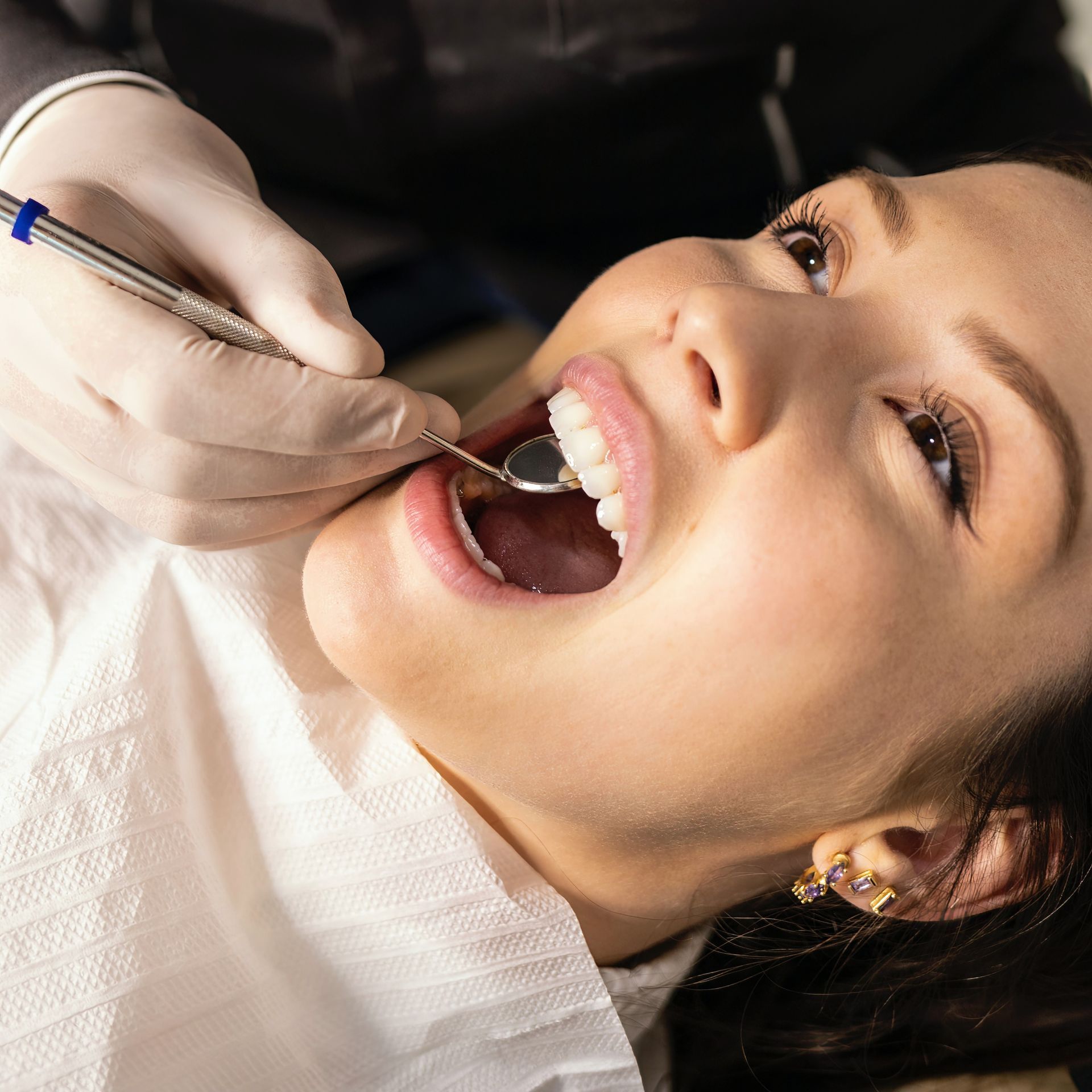
Aftercare & Ongoing Visits
Once your treatment begins, oral hygiene becomes even more important. Braces can trap food, and aligners must be kept clean. Here's how to care for your teeth during and after treatment:
- Brush thoroughly after every meal and floss daily, using tools like interdental brushes or floss threaders.
- Avoid hard, sticky, or sugary foods that could damage your braces or encourage plaque buildup.
- Wear your retainer as advised after treatment ends to prevent relapse.
- Continue regular dental check-ups and hygiene appointments with your Ealing dentist.
By following these habits, you’ll protect your teeth and make the most of your orthodontic investment.
Call Now & Book your appointment
Simple Booking
Easy online, phone or WhatsApp appointment scheduling.
Friendly Experts
Skilled, caring team focused on your comfort and care.
Modern & Calm
State-of-the-art clinic in a relaxed, welcoming space.
Results That Last
Personalised treatments designed for natural, long-term results.
NEED TO KNOW
Appointments for Orthodontic Treatment
Orthodontic care requires regular visits, typically every 6–8 weeks, to adjust braces or monitor progress:
- Consultation: Your Ealing dentist or orthodontist discusses options, examines your teeth, and may take X-rays, photos, or impressions for treatment planning.
- Fitting: Braces are applied, or aligners are provided.
- Adjustments: Every 6–8 weeks, wires or aligners are adjusted to guide teeth into place.
- Removal: Once aligned, braces are removed, and retainers are fitted.
- Follow-ups: Additional visits may be needed to address issues or monitor post-treatment progress.
Questions You Might Be Asked
Your dentist in Ealing may ask about:
- Your dental and medical history
- Your oral hygiene routine, which must be excellent before treatment begins
How Long Does Treatment Take?
Treatment duration depends on your case but typically lasts up to two years. Key timings include:
- Consultation: About 60 minutes
- Braces fitting: Around 60 minutes
- Check-ups (every 6–8 weeks): 15–30 minutes
- Braces removal: At least 60 minutes
Do I Need to Prepare?
No special preparation is required, but maintaining excellent oral hygiene is essential before starting.
After Your Appointment
Follow your orthodontist’s home care advice. After braces are removed, you’ll need a retainer—either a removable plate or a fixed wire behind your teeth—to maintain alignment.
Quick Tip
Stick to your orthodontist’s care instructions and avoid hard or sticky foods, like toffee or nuts, to prevent damage to braces.
Your Trusted Dentist in Ealing
Book Your Dental Appointment in Ealing Today
Ready to perfect your smile? Book your orthodontics consultation with a trusted Ealing dentist today and explore flexible payment plans!
FAQs
What types of procedures fall under oral and maxillofacial surgery?
This field includes treatments like complex wisdom tooth removal, corrective jaw surgery, implant placement, treatment of facial trauma, biopsy or removal of lesions, and management of TMJ disorders—especially when conventional dentistry isn’t enough.
Will surgery be painful—and what anaesthetic options are available?
Procedures are typically performed using local anaesthetic, conscious sedation, or general anaesthesia. Post-surgery pain and swelling are expected but manageable with prescribed or over-the-counter medication. Recovery time depends on the procedure. For significant pain or complications, contacting an emergency dentist in Ealing promptly is best.
How long does recovery take after oral surgery?
Recovery varies by procedure. Wisdom tooth removal may require up to 2 weeks for full healing; most discomfort subsides within days. More complex surgeries like jaw corrections can involve a multi-month recovery. Your team will provide tailored guidance.
What are the potential complications I should know about?
Though care is taken to minimise risks, complications may include infection, bleeding, swelling, bruising, jaw stiffness, or numbness from nerve involvement. In rare cases—typically wisdom tooth extractions—nerve injury can cause temporary or permanent numbness of lip, chin, or tongue.
What should I do immediately after surgery?
To support healing:
Avoid rinsing your mouth for the first 24 hours to protect the blood clot.
Rinse gently with salt water from day two, 4–5 times daily.
Eat soft foods and avoid hot, spicy, or hard items.
Avoid smoking, alcohol, and strenuous activity for at least 48–72 hours.
How do I maintain oral health post-surgery?
Continue gentle brushing outside the surgical area, resume flossing when advised, and attend follow-up appointments. Keeping good oral hygiene and regular check-ups with your dentist in Ealing helps reduce complications and ensure lasting results.


